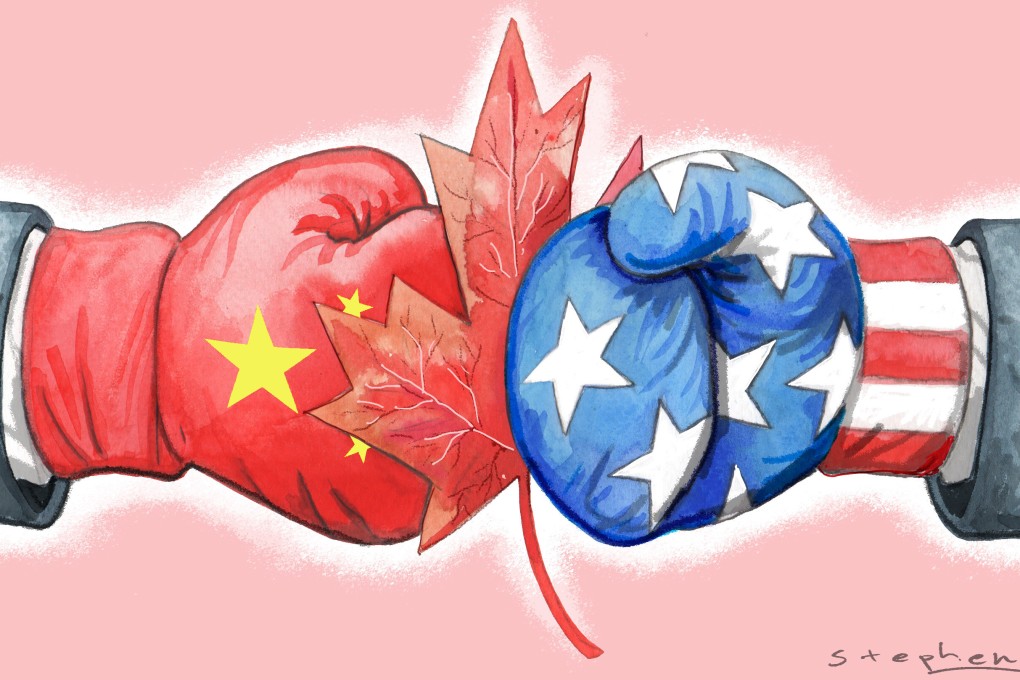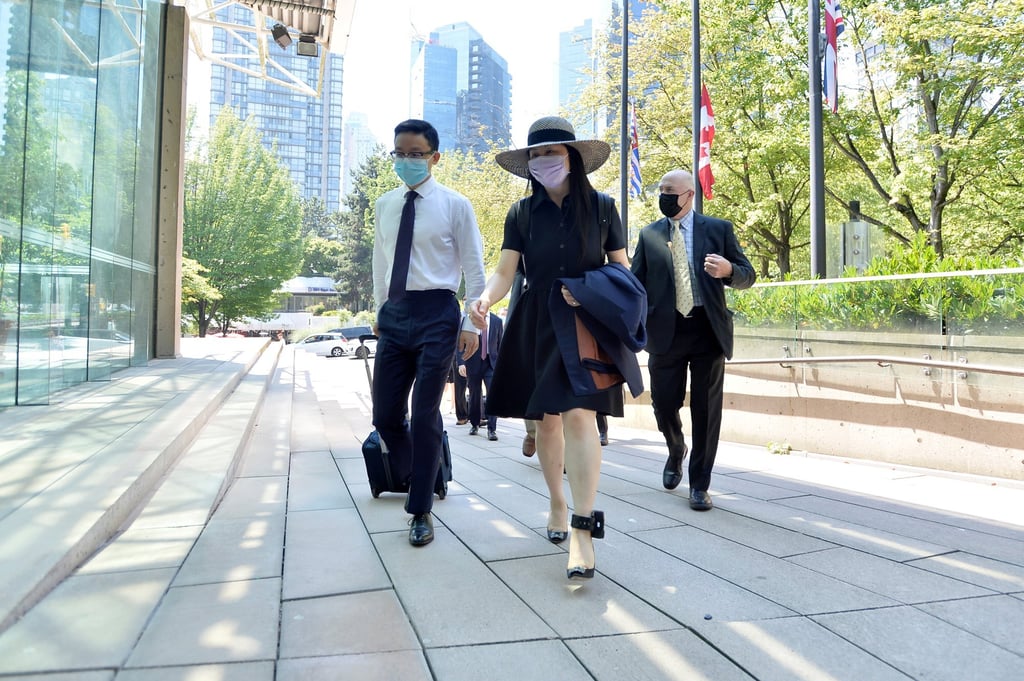Opinion | How Canada became collateral damage in US-China battle for the upper hand
- Meng Wanzhou’s arrest in Canada at the US’ request was not only a flashpoint in the deteriorating US-China relationship
- It also touched off divisions within Canada on how the country – traditionally a US ally – ought to conduct its foreign policy amid China’s rise

As the China-US relationship faces major headwinds due to unilateral actions on each side, it appears lost on both countries that their respective allies have become collateral damage. As they build coalitions to support their respective positions, they may end up isolating themselves from the wider international community.
Canada can certainly attest to the impact these tensions have had on its relations with both China and the United States. Domestically, it is seeing the rise of partisan politics at a level not witnessed since the communist scare of the 1950s.
It is high time that China and the US reviewed the modus operandi of their engagement before it does irreversible damage to themselves and their allies.
Canada has found itself in a very difficult position ever since the US administration under former president Donald Trump decided to get tough with China concerning what it perceived as unfair trade practices.

